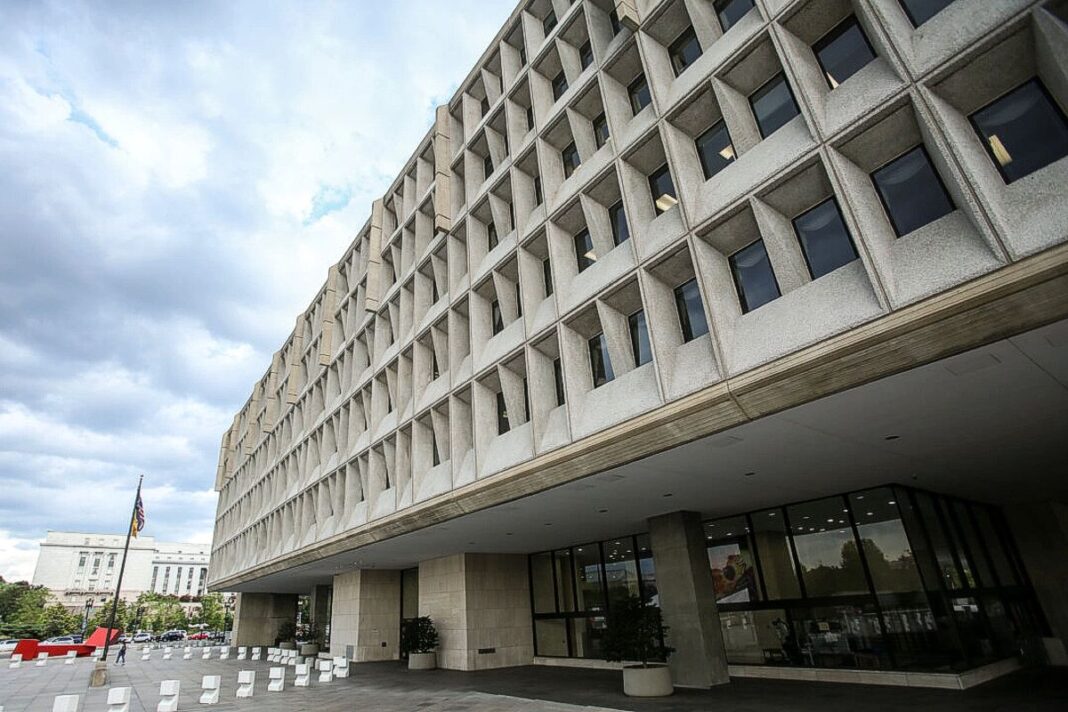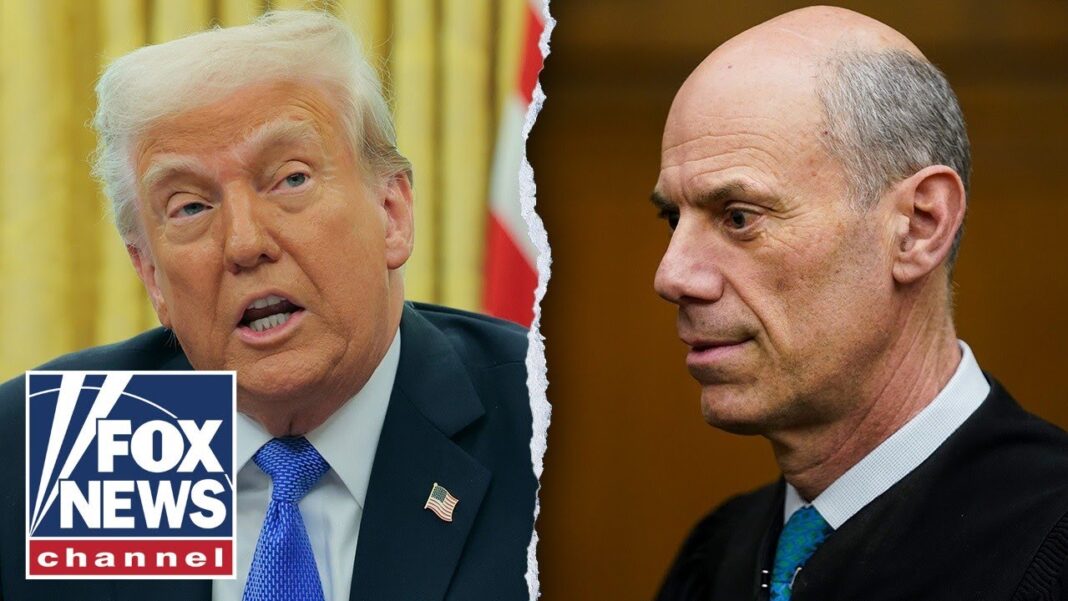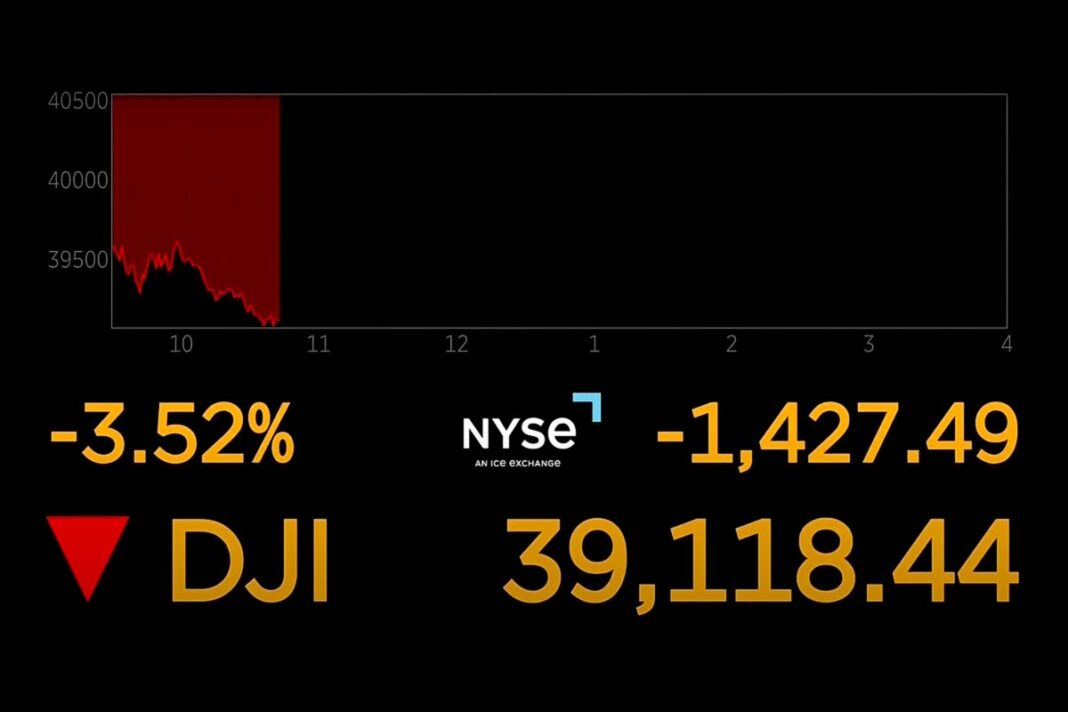A coalition of states is likely to succeed in their arguments that the funding block is unlawful, Judge Mary McElroy said.
A federal judge on April 3 granted a temporary restraining order blocking the Department of Health and Human Services (HHS) from cutting more than $11 billion in public health funding.
U.S. District Judge Mary McElroy in Rhode Island said a coalition of 23 states and the District of Columbia had demonstrated they would likely succeed in their arguments. She issued a 14-day restraining order barring HHS and its agencies from implementing the cuts while the litigation plays out.
The coalition said in a lawsuit that the action was unlawful and violated the Administrative Procedure Act (APA).
They further argued that HHS had failed to perform individualized assessments of the grants, including how their termination could have “dire consequences” for public health.
“They make a case, a strong case, for the fact that they will succeed on the merits, so I’m going to grant the temporary restraining order,” McElroy said in remarks from the bench.
The ruling comes after the coalition filed a lawsuit this week against HHS and Health Secretary Robert F. Kennedy Jr., claiming the department terminated the funding on March 24 “abruptly and arbitrarily” and with “no advance notice or warning.”
The funding was greenlit by Congress at the height of the COVID-19 pandemic and used by states to track, prevent, and control infectious diseases, as well as to monitor mental health services and support addiction treatment.
It included money from the Centers for Disease Control and Prevention for pandemic preparedness, overdose prevention, and community health programs, and from the Substance Abuse and Mental Health Services Administration for addiction treatment and suicide prevention.
States Raise Concerns Over Risk of Future Pandemics
In their lawsuit, the states argued that terminating the funding would impact key public health programs and initiatives that address the states’ “ongoing and emerging” public health needs.
“This funding provides essential support for a wide range of urgent public health needs such as identifying, tracking, and addressing infectious diseases; ensuring access to immunizations; fortifying emergency preparedness; providing mental health and substance abuse services; and modernizing critical public health infrastructure,” the states wrote.







